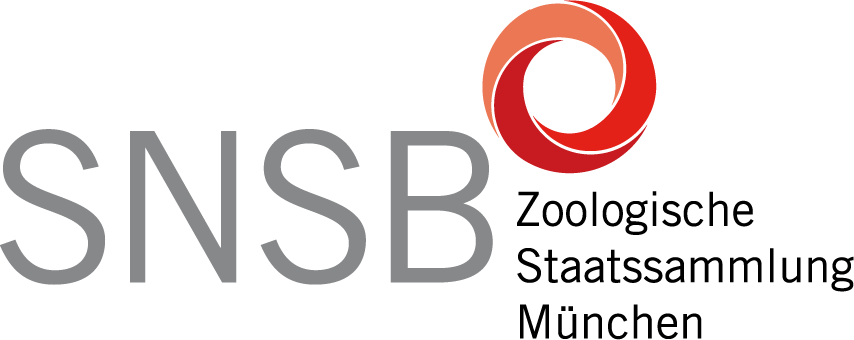Indonesian-German Network for Teaching, Training, and Research Collaborations
IGN-TTRC is a consortium to improve teaching, training and research collaborations within Indonesia and between Indonesia and Germany, funded by the German Academic Exchange Service (DAAD). The objective of the program is to give an overview of the role of molecular biology methods in biodiversity research. Topics covered in the lectures include general entomology and molecular systematics, but also practical exercises in the field (collecting aquatic insects, Hymenoptera, and Lepidoptera), insect preparation, and molecular work including DNA extraction, PCR, sequencing, sequence analysis, species identification using the Barcode of Life Database (Bold), and using DNA barcoding for MBA (molecular biodiversity assessment).
In 2012 courses were conducted to implement the module “DNA Barcoding of Arthropods” at the Andalas University in Padang (West Sumatra) and Brawijaya University in Malang (East Java).

The participants of the courses came from over a dozen different universities across Indonesia, from Sumatra, Java, Kalimantan, and Sulawesi. Course subjects will be used to develop a joint curriculum leading to joint MSc programs and to establish conditions to facilitate the acceptance of Indonesian students into MSc and PhD programs at German Universities.

Besides the training component of the courses, the aim of IGN-TTRC is to establish research cooperations between Indonesian and German institutions with joint projects and exchange of students.

Indonesia’s biodiversity is unique in the world. Indonesia is a country of mega-diversity, rivalled only by Brazil, Colombia, and Zaire. The 17.000 islands that comprise Indonesia occupy only 1.3% of the world’s land mass, but the country is home of about 12% of the mammals and 17% of the birds of the world. Estimates of the species richness of insects are difficult, but it is probably safe to assume that in little known groups like microhymenoptera, only a tiny fraction of the species have been discovered.

